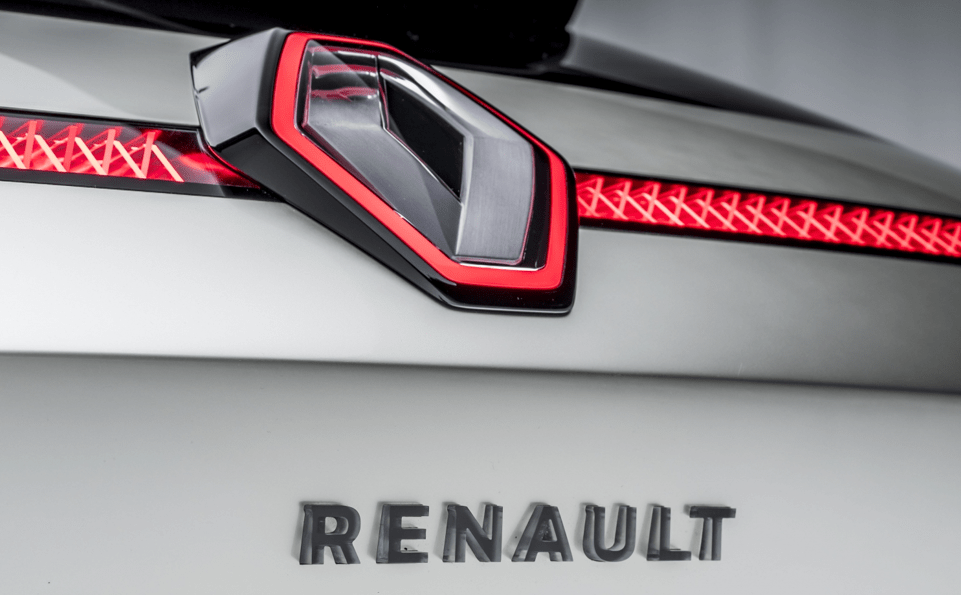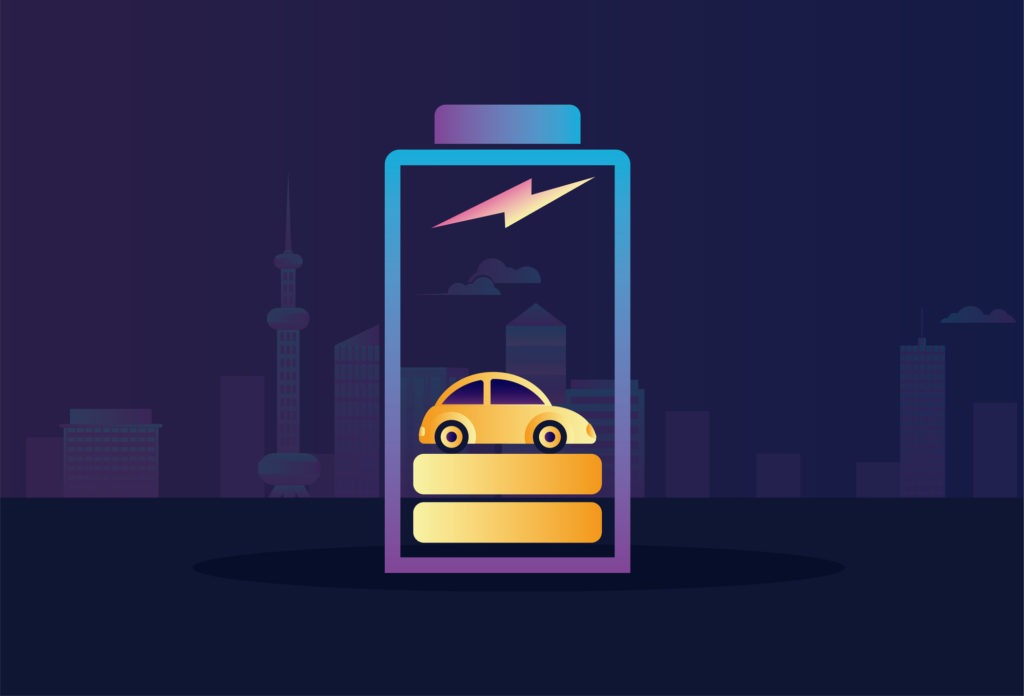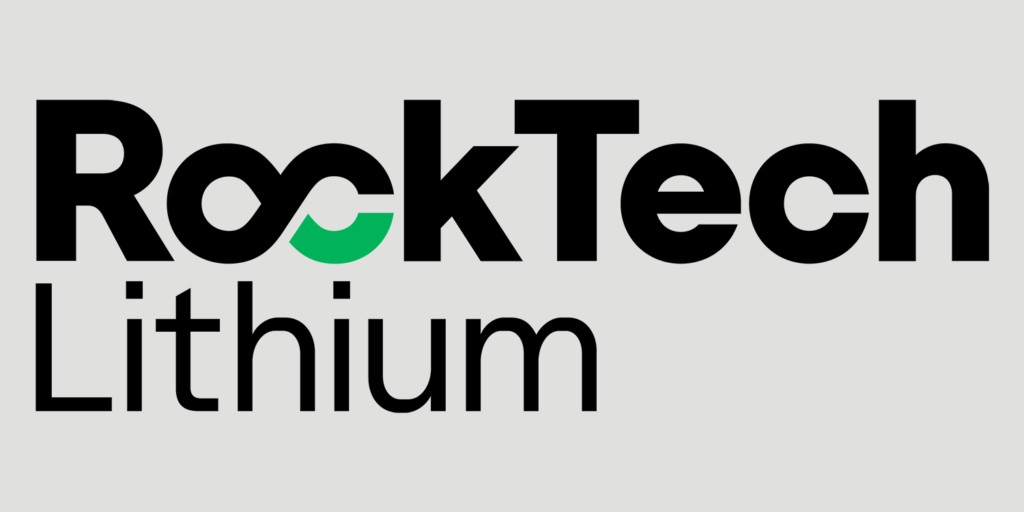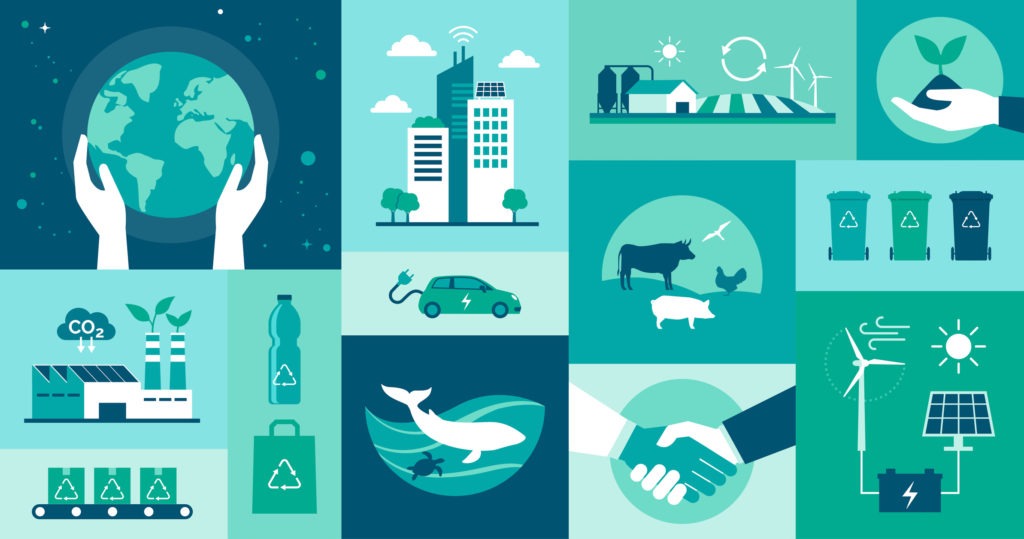Vulcan Energy secures lithium deal with Renault
28 November 2021

German-Australian lithium developer Vulcan Energy Resources has signed a second supply deal with Renault Group. The carmaker, keen to electrify its fleet, plans to buy 26,000 to 32,000 metric tonnes of battery-grade lithium chemicals from Vulcan’s German project for an initial six-year period, with deliveries set to begin in 2026.
Lithium, a critical component for manufacturing electrically-chargeable vehicle (EV) batteries, is in high demand across Europe as electric-car sales continue to boom. With its European project, Vulcan Energy wants to decarbonise the battery materials sector, hoping to make an impact in the supply network and lower dependence on lithium imports from outside the EU.
Carbon-free EVs
The collaboration between the two companies fits well with Renault’s electrification strategy. The manufacturer aims to operate the largest EV production hub in Europe as it strives for carbon neutrality. Earlier this year, Renault said it expected 65% of sales to come from EV models by 2025, with this figure anticipated to climb to a 90% stake by 2030.
‘The completion of this definitive offtake agreement means Vulcan’s zero-carbon lithium business will be directly enabling Renault to meet its commitment of producing carbon-free EV batteries and becoming carbon neutral, as part of its “carbon neutrality – green as a business” strategy,’ said Vulcan managing director Francis Wedin.
‘For Vulcan, the agreement is consistent with our strategy to enter into long-term, stable supply agreements with companies that share our ethos on sustainability and decarbonisation ambitions,’ he added.
The listed company said it will fast-track the development towards supplying the EU’s battery and EV industry. Lithium has become a critical raw material as the world transitions towards cleaner energy. As an energy-metals exploration company, Vulcan intends to produce the world’s first battery-quality lithium chemicals with a zero-carbon footprint.
To realise its ambitious lithium production plans, the startup focuses on harnessing renewable geothermal energy without using evaporation ponds, mining, or fossil fuels. The process for extracting lithium will therefore emit no CO2, while also producing renewable power.
Sustainable vehicles
Carmakers in Europe are increasingly looking at ways to source lithium from the continent to lower costs of global lithium-chemicals transport and thereby cut carbon emissions. The EU is promoting the creation of a European lithium supply chain, aiming to become self-sufficient by 2025.
‘Partnership with a European lithium producer such as Vulcan is an important milestone in realising our commitment to reach 30% emissions reduction for our supply chain by 2030,’ said Gianluca De Ficchy, alliance EVP, purchasing and managing director of the Alliance Purchasing Organisation at Renault Group. ‘Low-carbon footprint of battery chemicals is key for us, as our ambition is to offer the most sustainable vehicles in the market.’
In August, Vulcan previously signed a five-year deal to supply lithium to Renault while it also struck supply deals with Stellantis. Renault recently invested €550 million in its French factory in Douai, with the carmaker aiming to produce more than 400,000 EVs at several French sites from 2025. Part of Renault’s electromobility strategy is focused on the future on-site battery production at Douai, where it plans to set up a gigafactory.



